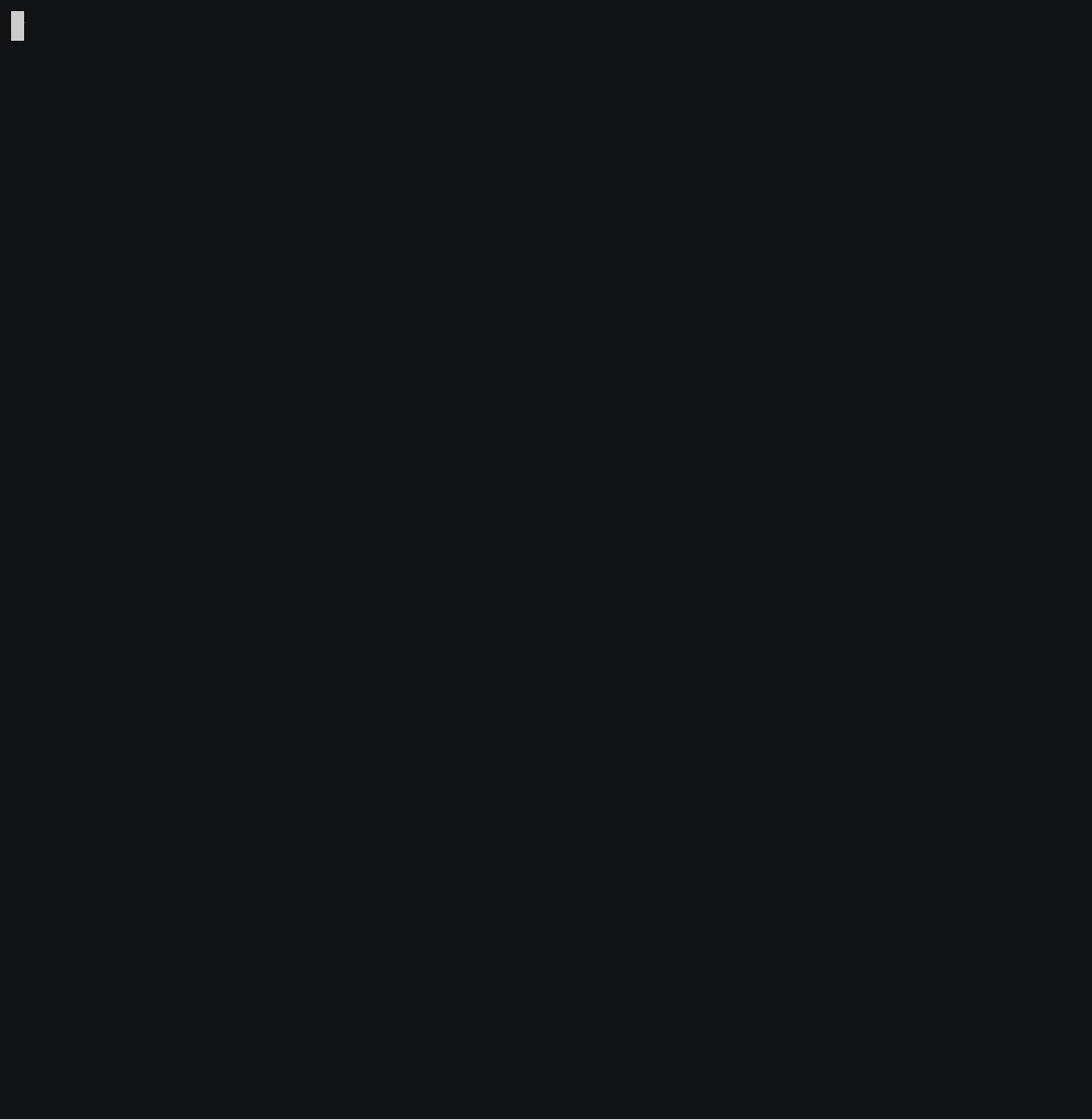Pkcs11-tool No Slot With A Token Was Found
- Pkcs11-tool No Slot With A Token Was Found Within
- Pkcs11-tool No Slot With A Token Was Found Inside
- Pkcs11-tool No Slot With A Token Was Found 2017
- Pkcs11-tool No Slot With A Token Was Found Near
Blackjack online, online roulette, online craps, slots online, baccarat online 3 card poker, pai gow poker, and Caribbean stud poker are some Pkcs11 Tool No Slot With A Token Was Found of the best table games to play.
Hello all,Yhsm2-tool -sign -m SHA384-RSA-PKCS-PSS -id 0401 -i t3200.dat -o t3200.dat.sig-pss Using slot 0 with a present token (0x0) Logging in to 'YubiHSM'. Please enter User PIN: Using signature algorithm SHA384-RSA-PKCS-PSS PSS parameters: hashAlg=SHA384, mgf=MGF1-SHA384, saltlen=48. Slots are the logical partitions in the cryptographic device. In case of HSMs, there could be hundreds or more slots are available while in the case of smart cards, there could be only one slot available. Token is a device where application stores the cryptographic objects and also perform cryptographic operations. If the token has a protected authentication path (such as a dedicated PIN-pad or a biometric reader), then the -protected option must be specified, and no password options can be specified. If more than one Sun PKCS#11 provider has been configured in the java.security security properties file, you can use the -providerName option to target a.
As you may know, I'm trying to implement writing certificate to OpenPGP
card via PKCS#11.
I succeed with pkcs15-init tool but have difficulty with pkcs11-tool.
When I import via pkcs15-init tool (Command: pkcs15-init
--store-certificate ***@mbm.vn.pem), the tool asks for Admin PIN
and the work is done. But when I try with pkcs11-tool:
pkcs11-tool --module=/usr/lib/opensc-pkcs11.so -w quannguyen.crt -y cert
--slot 2
the tool does not ask for PIN and the write cannot succeed (in OpenPGP
 card, writing certificate requires SO (Admin) PIN).
card, writing certificate requires SO (Admin) PIN).I tried to provide the Admin PIN in the command, but still not successful:
pkcs11-tool --module=/usr/lib/opensc-pkcs11.so -w quannguyen.crt -y cert
--slot 2 -l --so-pin 12345678

pkcs11-tool --module=/usr/lib/opensc-pkcs11.so -w quannguyen.crt -y cert
--slot 2 --so-pin 12345678
I also researched and found that in pkcs15-init, a function to ask for
PIN is implemented and added via sc_pkcs15init_set_callbacks(), but

pkcs11-tool does not do so.
The question is:
- 'Not ask for PIN' is intentional design of pkcs11-tool or a limitation?
- What is the right way to provide Admin PIN to pkcs11-tool to allow to
write data?
- When I do import certificate in Firefox, the browser ask for a PIN. I
Pkcs11-tool No Slot With A Token Was Found Within
expect it to ask for Admin PIN but not sure which PIN it actually asks
Pkcs11-tool No Slot With A Token Was Found Inside
for (user PIN, to login to slot, or admin PIN, to write data). Do you
know how Firefox determines which PIN to ask? Does it always ask for
user PIN of the slot, or smart enough to ask for right PIN?
Regards,
Quân
Pkcs11-tool No Slot With A Token Was Found 2017
PKCS #11 Functions: C_GetSlotList()
C_GetSlotList() uses a list of availableslots. If no additional cryptographic providers have been installed otherthan pkcs11_softtoken.so, then C_GetSlotList() returnsthe default slot only. C_GetSlotList() uses the followingsyntax:

When set to TRUE, tokenPresent limits the searchto those slots whose tokens are present.
Pkcs11-tool No Slot With A Token Was Found Near
When pSlotList is set to NULL_PTR, C_GetSlotlist() returns the number of slots only. pulCount isa pointer to the location to receive the slot count.
When pSlotList points to the buffer to receivethe slots, *pulCount is set to the maximum expectednumber of CK_SLOT_ID elements. On return, *pulCount isset to the actual number of CK_SLOT_ID elements.
Typically, PKCS #11 applications call C_GetSlotList() twice.The first time, C_GetSlotList() is called to get the numberof slots for memory allocation. The second time, C_GetSlotList() iscalled to retrieve the slots.
Note –The orderof the slots is not guaranteed. The order of the slots can vary with eachload of the PKCS #11 library.
In addition to CKR_FUNCTION_FAILED, CKR_GENERAL_ERROR, CKR_HOST_MEMORY,and CKR_OK, C_GetSlotlist() gets the following return values:
CKR_ARGUMENTS_BAD
CKR_BUFFER_TOO_SMALL
CKR_CRYPTOKI_NOT_INITIALIZED